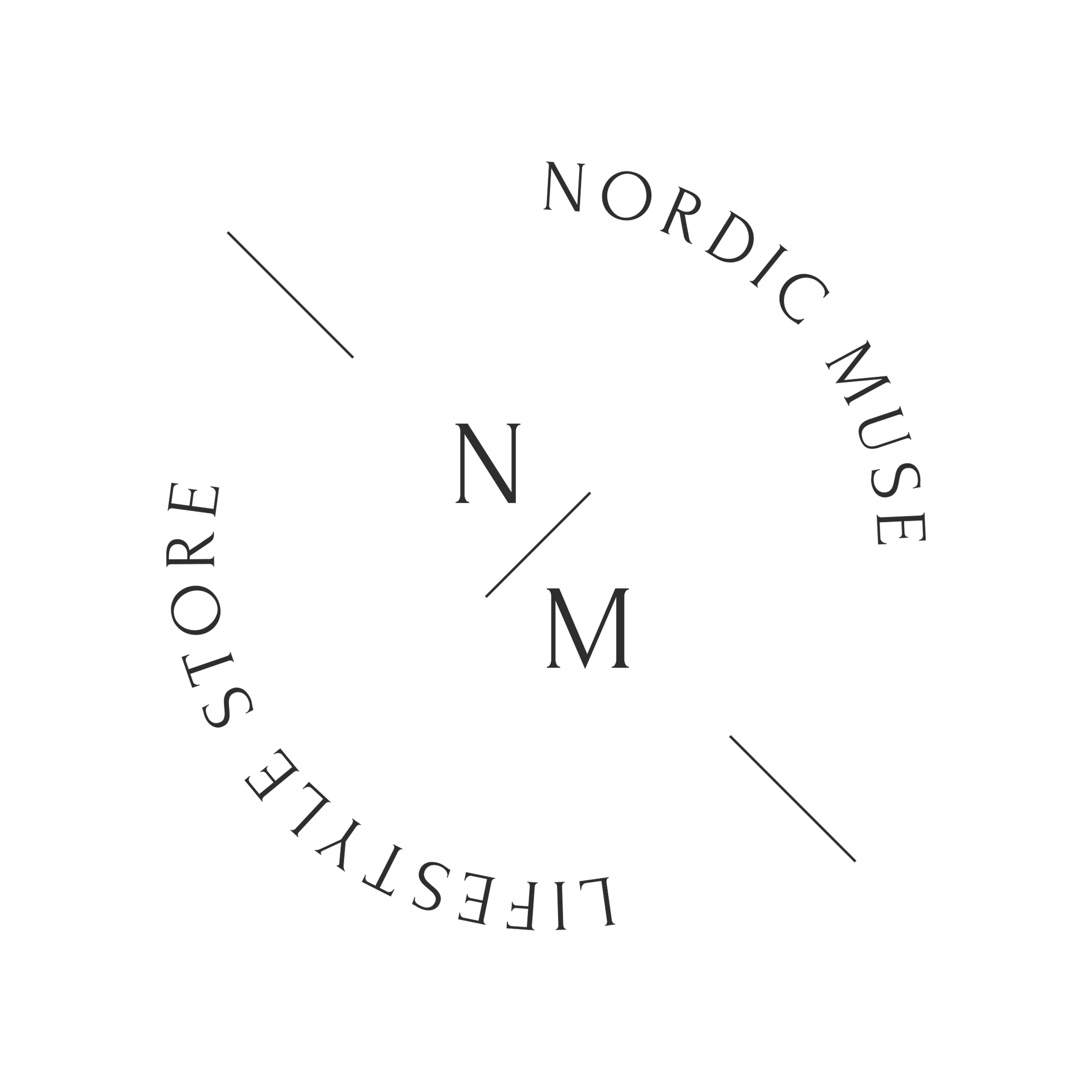Crouching next to a bed of salad heads Junko waters a row of small plants with a rusty-red hose pipe. Then she picks some stems of Mizuna, a Japanese type of rocket, from her patch on the other side of the garden. “Very peppery”, Junko remarks while chewing a couple of leaves. Her fingers are covered in soil.
Junko Popham is a teacher in Ikebana, a Japanese tradition of flower arrangements, that dates back to the 18th century. It is – like many things in Japanese culture – a very minimal but meaningful technique that aims to copy the natural growth process of plants with just three stems that are carefully positioned and balanced. Invented by a monk as an offering for Buddha, Junko learned this practice herself over the past 15 years and earns her living with workshops all around the North of England. Working with flowers is not only a passion – it is her profession.

It is a hot June day at the allotment, in Buile Hill Park in Salford and Junko is floating around like a bumble bee in the search of pollen. Watering, digging, cutting, tasting. When Coronavirus hit the UK in 2020 and all the florists suddenly closed, this communal garden on the other side of the Irwell became Junko’s refuge. A way to re-connect with nature, she says. And a source of creativity. Stripped of choice, she had to work with what was growing there – vegetable leaves, wildflowers, apple tree branches. What she calls ‘Allotment Ikebana’ was born.

Watching her move in the allotment with effortless ease, you could get the impression that Junko has always been a nature person. However, she’s only become one in recent years. Junko was born and grew up in Tokyo, Japan. It’s hard to find a more urban place than this. Pictures of densely populated spaces come to mind. Skyscrapers, traffic, concrete. Working as a music journalist and concert producer, she led a very busy lifestyle.
This did not change when she initially immigrated to London in 1989. Only when she moved to Berkhamsted in Hertfordshire, Junko opened her eyes to the world of flowers, plants, and nature. Embracing changes in her life, she then started a second career as a gardener and landscaper. ‘I love planting, I love designing, but also creating’, says Junko. All these elements, her knowledge about plants and blooms, her creativity, and even her affection for music now come together in her Ikebana workshops. She often describes the flowers in her arrangements as dancers. And it does in fact look like she strategically positions them on a stage.

After she’s rinsed the soil from her fingers with the hose pipe, Junko assembles her tools and gives a little demonstration of her Ikebana skills. Only from the way she touches the blooms – gently but assertive at the same time – you can tell how passionate she is about this practice. She goes into a state of flow. Constantly cutting and adjusting the stems until they are in the right position. It’s marvelous to watch her. ‘I’m still learning’, she says modestly and adds: ‘everything, every day is a school.’

For our photo shooting at the ‘Growing Togetherness’ allotment in Buile Hill Park, we let Junko choose her favourite products. Her edit ranges from minimal silver jewellery to handmade homewares. Find Junko’s picks here.





